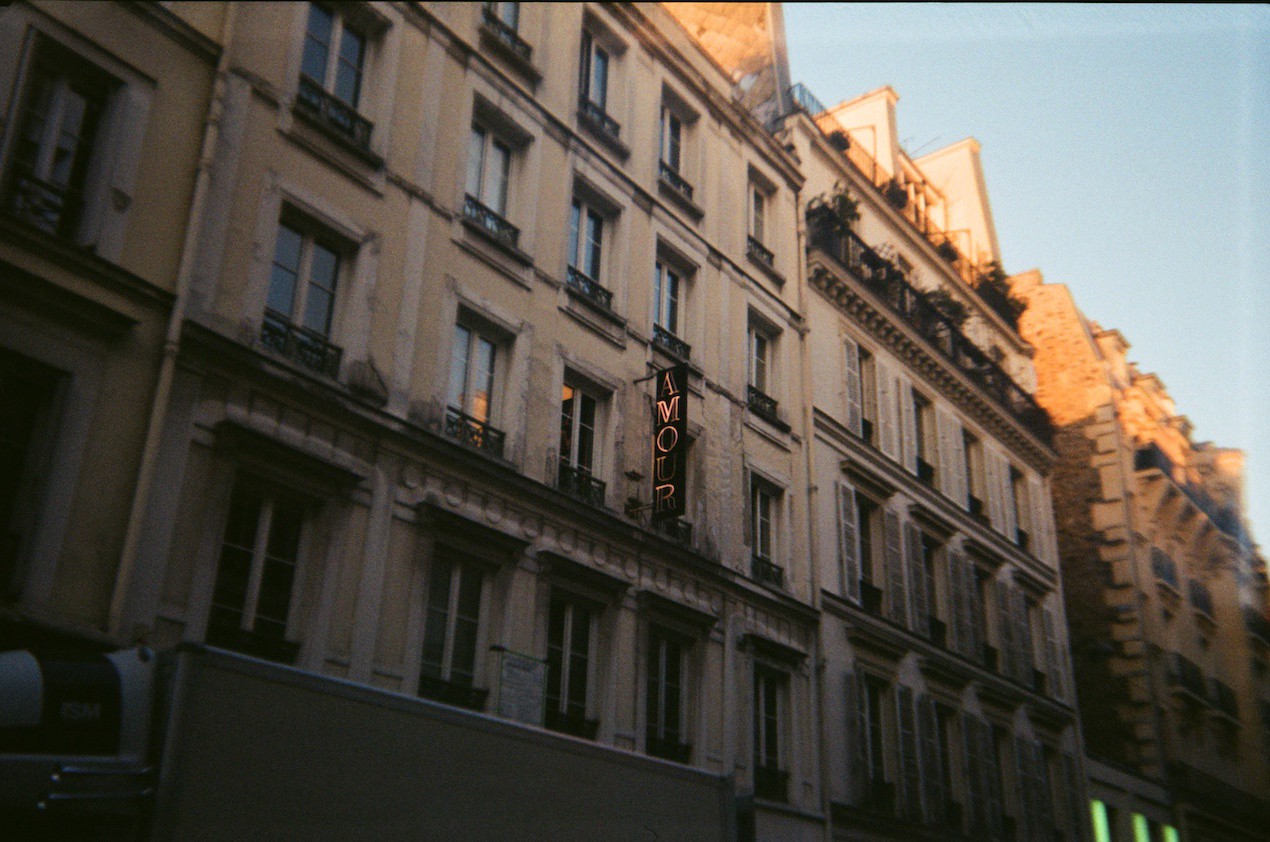This is Paris calling, a very precise point in the eye of the hurricane, where the first case of Coronavirus was officially detected in European territory and where everyday rules have been changing at high speed ever since the madness began. I’m writing this in the aftermath of an unreal weekend during which bars, cafés, restaurants, and other non-essential businesses were suddenly ordered to close down until further notice (I’m already bitterly regretting not having gone out for a last drink on Saturday night), a first round of local elections took place to the (expected) highest abstention rate in French history, and a new announcement from Macron on Monday night further reinforced total lockdown, authorising police surveillance of neighbourhoods in order to ensure people are only going out for the strictly necessary.
Until now, France seemed to be taking all this unusually calmly — at least when compared to my home country, Portugal, in which self-isolation and supermarket folly (all the toilet paper!) began way before official numbers reported the first dozen cases. But chatting to a friend last Friday — a fellow expat who just had a baby amidst all this chaos —, I was reminded we are slightly vaccinated against quick and irrational panic; like me, she was in Paris during the November 2015 terror attacks (a friend of her husband’s sadly died in the Bataclan shootings) and remembers well the disgustingly heavy ambience in what felt like a ghost city the days that followed. These are obviously very different circumstances, but truth is we did toughen up a bit when it comes to unexpected changes in our daily routines — something the strikes of the past months also contributed to, with French people again showcasing their remarkable ability to live in Système D (meaning to get by, to quickly adapt to new disruptive situations).
But then, adding to the fear and anxiety brought about by a virtually unknown enemy, there’s the abrupt crashing down of every industry — the most precarious and seemingly disposable ones (culture in general and music in particular) being unsurprisingly amongst the first casualties. As a music journalist myself, I know it’ll be a while until I can attend concerts and festivals again, and even feature pieces or album reviews suddenly seem somewhat frivolous and meaningless: “this is a band you definitely can’t miss live!” — providing they haven’t gone bankrupt when they’re finally allowed to tour again. Having maintained a close relationship with French indie artists and labels for the past three years, a romance that blossomed through my falling in love with their work and subsequently wanting to export it to the English-speaking market, I’m painfully aware that it’ll take years to see them getting back on their feet again — and sadly, some of them never will.
I’m also a PhD candidate with a dissertation which, after having gone through countless bumps in the road over the past year, should finally be available for official submission this April. I say “should” because this is now becoming less and less of a possibility, as my school (as the rest of public institutions here in France) has closed its doors, my tutor is at home sick, and forming a jury (a necessary step to complete the submission process) is simply an impossible task at the moment. Luckily, there are no tuition fees in France, or I’d be even more depressed thinking about the money invested in what is beginning to look like a lost year academically.
It’s funny how any piece about being impacted by the current situation will sort of translate as a “me me me” testimonial, which seems like a silly approach if we remember we’re all in this together and that we must try and act globally in order to coordinate efforts if we are ever making it through. But each one of us has their own struggle going on, and sharing the burden feels both like a momentary relief and an opportunity for practising empathy — something we’ve been noticeably lacking as a society.
And if you happen to feel selfish for complaining about seemingly unimportant details like your holidays being cancelled or that show you wanted to attend for a long time not happening, don’t; we are all dealing with numerous personal let-downs, and sometimes it’s not the thing itself but what it means: a break in normalcy we have no idea how long will last, and if we are ever going to recognise ourselves (both individually and as a collective) when we finally come out of it. But even with the professional, personal, and social chaos my life is in right now, I consider myself lucky for being able to pay my rent, my groceries, my bills; for, in spite of living alone, having a cat to keep me company and an overwhelming amount of friends reaching out from all corners of the world; for being able to call my parents and tell them to stay the fuck home while evidently still feeling guilty and powerless for being over a thousand miles away from them. But most of all, I consider myself lucky for feeling fairly healthy, both physical and psychologically, which allows me to be there for those who aren’t and whose isolation is already taking its toll mental-wise. The rest will have to wait.




